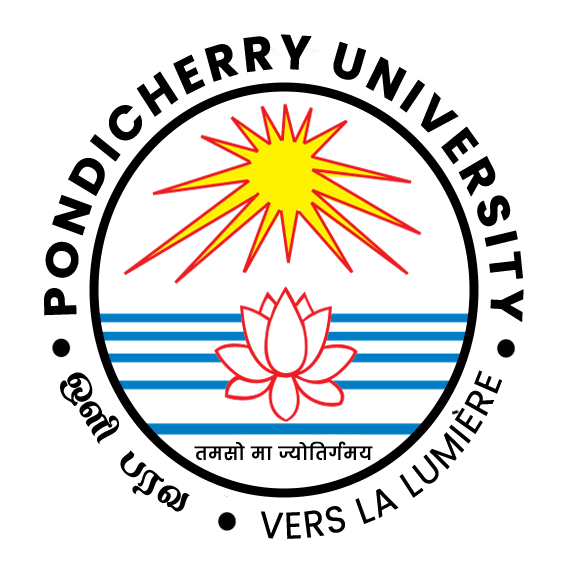Ph.D. Women’s Studies
The Centre for Women’s Studies offers Ph.D. programme which involves providing the requisite skills in quantitative and qualitative research. The Centre is the axis of interdisciplinary research and provides consultation to various research and development programs. The thrust areas relate to Gender Mainstreaming, Women and Health, Women-centric Initiatives, Empowerment of Women, Marginalization of women, Legal rights of /for women, Gender Stereotyping, Violence against women, Women and Work, Women and Politics, Eco-feminist perspectives, Gender and Sport, Mental Health, Women in Tribal communities, and Women and Disability. Eligibility for Ph.D. programme is a Master’s Degree in Social Science discipline with a minimum of 55% of marks. The selection will be based on the marks secured in the entrance examination as per University norms. The candidates who have cleared UGC-NET-JRF in Women’s Studies are eligible for direct admission to Ph.D. in Women’s Studies.
Focus Areas
.
of the program
Women and Society
Gender Inequality and gender discrimination does not occur in a vacuum. The social construction of gender, gender roles, gender stereotyping and the role of social institutions in the socialization process are reasons for their social position. The focus area will highlight the intersections between various structures and social Institutions which influence the changing Status of Women & gender relations and the emerging debates on empowerment of women in the Indian context.
Women’s Movement
Movements are a primary agents of social and political change for nations, states, communities, families and individuals. The thrust area will focus on women’s movements and their central concerns for the purpose of understanding issues that have been addressed (or still remain unaddressed). This would update women’s concerns through the fresh lens of a new generation. It provides opportunity to know the histories of women’s movements in India as well as at the regional and global level and discusses contemporary debates surrounding Women’s Activism/ Movement in India.
Women and Development
The thrust area is premised on the gender specific development needs, development process, development indicators and the place of women in it which could contribute towards engendering national policies and programmes. The key concepts of development, gender and development and gender disparity etc. will be dwelt upon in-depth to understand women and development. Specific areas include education, health, including mental health, environment, regional development. The outcomes of international interventions, national machinery for women’s development and international agencies for women’s development will be researched upon to understand their significance.
Violence against Women
The focus area will provide scope to understand the forms of violence and explore the connection between gender, caste, religion, ethnicity, sexuality, culture and violence. The evolution of society’s response to violence and the laws, programmes and services to address violence will be given attention. The issues related to violence against women, the changing nature of violence, contemporary issues, the case of Nirbhaya and after, media reporting etc. will be focused in depth.
Who can prefer this Course
Eligibility
Master’s degree in any Social Science discipline with a minimum
of 55% of marks.
The entrance examination for Ph.D. in Women’s Studies will consist of 100 multiple choice questions on the following at the post graduate level. The entrance examination for admission to the Ph.D Programme will consist of 100 Mutliple choice
Questions. The candidate will be required to have a good understanding
of the Women’s Studies perspective and Women/ Gender
issues in general. A general familiarity with feminist
theory and feminist research methodology is expected.
Women’s Studies perspective, feminist theory
Feminist research methodology
Women’s issues in general

